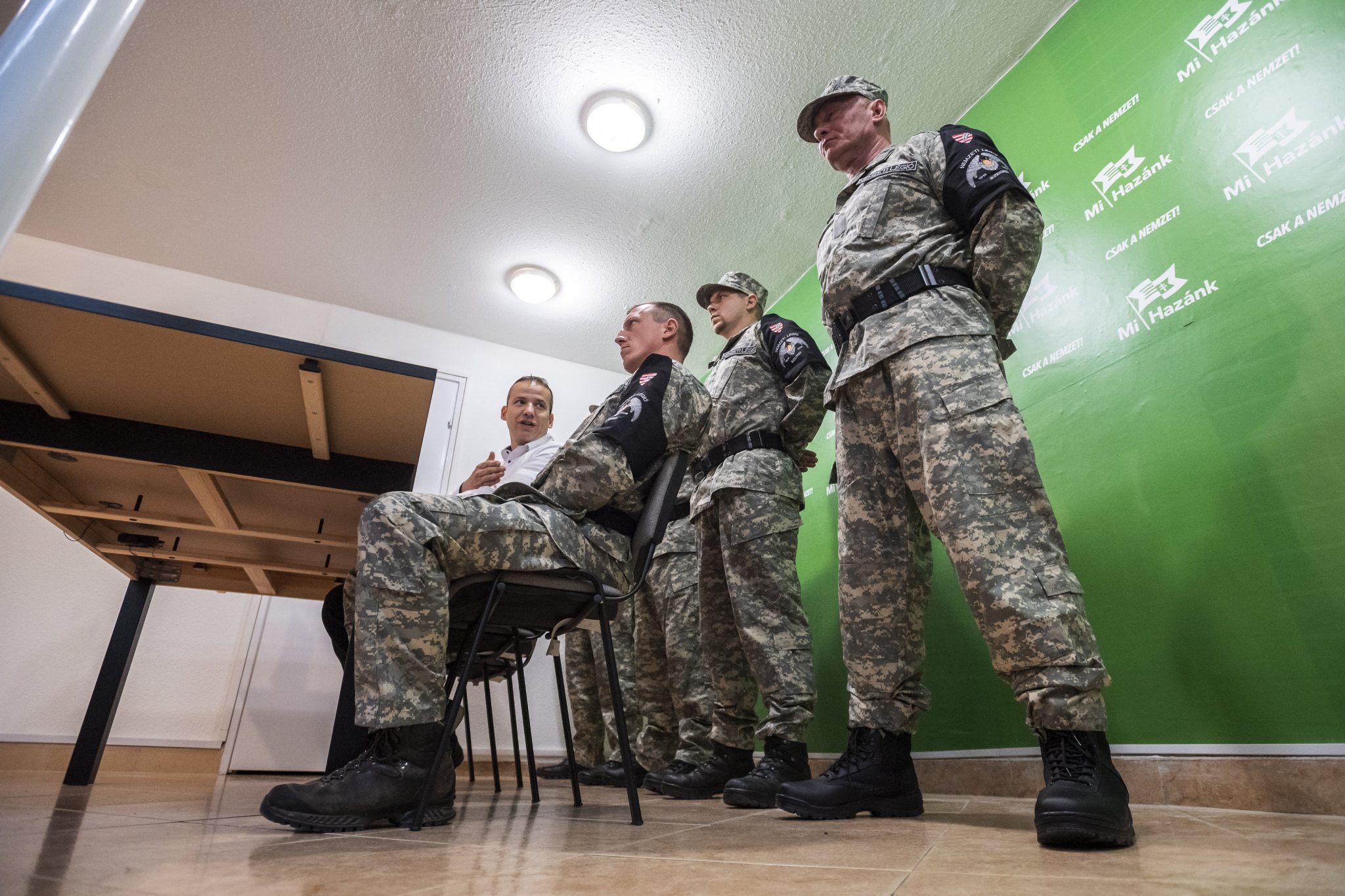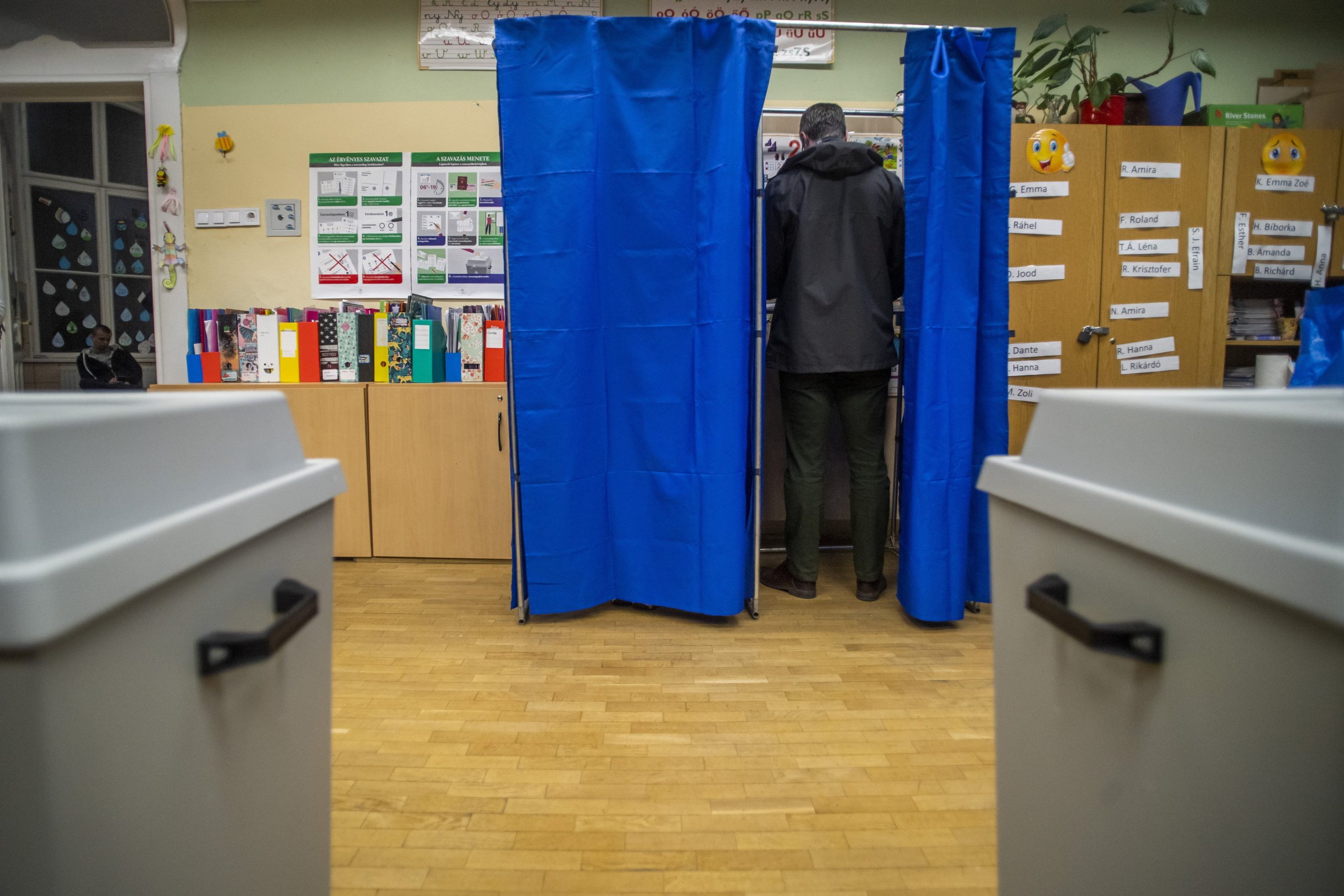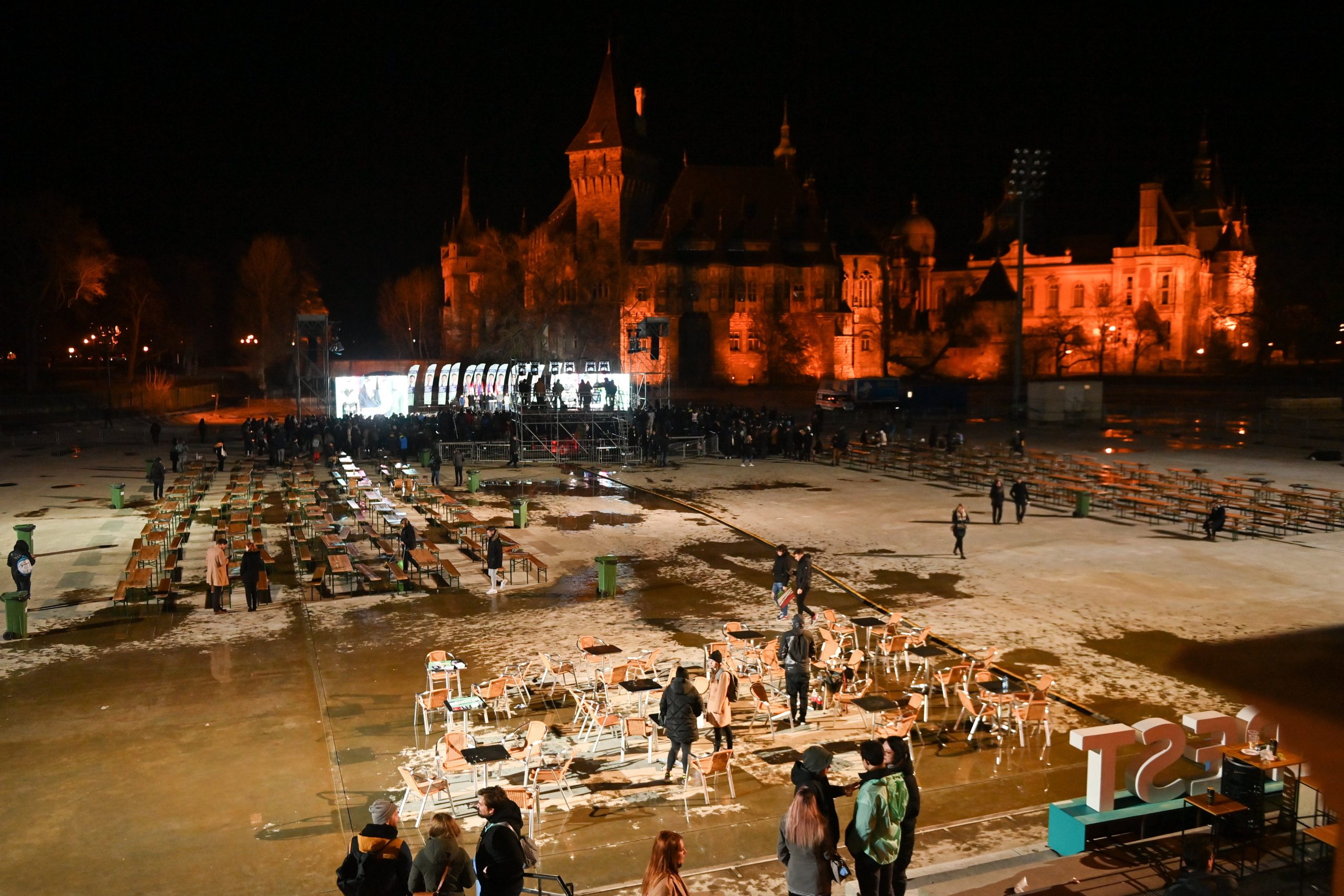
What was perhaps an even bigger surprise than Fidesz-KDNP's landslide victory and the opposition alliance's shocking defeat, is Mi Hazánk's (Our Homeland) performance.Continue reading

Not even one pollster could predict the extent of the opposition’s defeat, Fidesz-KDNP’s landslide victory, and Mi Hazánk’s success in easily jumping over the Parliamentary threshold. Several analysis and statements were published since April 3 on the potential reasons, which also very well reflect the circumstances of the recent elections.
It turned out that eventually, Medián proved to be the most accurate in all three aforementioned aspects (in predicting the extent of Fidesz’s victory, the extent of the opposition alliance’s defeat, and Mi Hazánk’s successful performance), but still far from exactly foreseeing the eventual outcome.
It was the liberal pollster’s leader himself, Endre Hann, who commented after the election results that “the profession needs very serious introspection, I hope it will happen soon.”
What do the other pollsters say might have behind their failure in foreseeing the outcome(s)?
Liberal Republikon’s leader, former liberal (SZDSZ) politician Gábor Horn, explained that they do not have the resources for putting together serious, large surveys. They usually conduct telephone surveys on 800 people, which are just snapshots, polling “the mood of the day.” The trends captured in these surveys are interesting but not suitable for in-depth analysis. A detailed, 30-minute-long survey with follow-up questions cannot be made over the phone, he argues.

What was perhaps an even bigger surprise than Fidesz-KDNP's landslide victory and the opposition alliance's shocking defeat, is Mi Hazánk's (Our Homeland) performance.Continue reading
This aspect was mostly highlighted by left-wing Závecz’s leader, Tibor Závecz. He said that according to their polls, Fidesz has had a committed, safe voter base of 1.8 million people and some 1 million undecided people before the election. While this ratio for the opposition has been 1.7 million and 900,000.
The election results demonstrate that Fidesz successfully mobilized some 800,000 out of its one million probable but undecided voter base, while the opposition only managed to get one ninth (100,000 people) of their undecided voters to the polling stations.
According to left-wing Závecz’s leader, Tibor Závecz, no one expected a two-thirds majority, not even political scientists, or even Fidesz itself. According to him, the key was the government’s communication on the war (they are the ones ensuring Hungary’s peace, “let’s stay out of this”), which convinced those who were undecided to vote for Fidesz at the last minute.
In contrast, the opposition slogan “Europe or Putin” did not have the same potential as Fidesz’s message. Therefore, Závecz’s assessment is that researchers failed to anticipate the impact of the communication on the war on undecided voters, something that led to serious number distortions.
The very active social media campaign in the final days preceding the elections may have also further reduced the opposition alliance’s support, and increased that of the ruling forces, Századvég’s vice-chair Zsolt Barthel-Rúzsa said, in reference to their final poll made on the last Tuesday that found a 49%-44% lead for Fidesz-KDNP.
Endre Hann also argued that the war created a completely new situation in the campaign. While at first many may have thought that his good relations with Putin may have come out badly for Orbán, the Prime Minister very quickly began to focus on the most basic human values, the Hungarian people’s need for stability and security. “Any other opposition candidate for prime minister would have been no match for such a competent, decisive prime minister who focused his message on this fundamental human value,” he argued.
This reason was cited by two pro-Fidesz pollsters, Népőpont and Századvég, pointing out that while their predictions were inaccurate in terms of party popularity, they constantly found that people trust the incumbent PM more than Péter Márki-Zay.

Even though there were 300,000 fewer voters at the ballot boxes this year than four years ago, 100,000 more cast their ballots for the ruling alliance than in 2018.Continue reading
According to Nézőpont’s Ágoston Sámuel Mráz, pollsters may not have detected that in a war situation voters’ decision-making would be simplified down to the election of the prime minister. And Márki-Zay has never been more popular than Orbán, he explained. According to their own polls, only 25-30% would have accepted the Hódmezővásárhely mayor as prime minister, in contrast to Orbán, whom more than 60% trusted.
featured image illustration via Zoltán Balogh/MTI
Array
(
[1536x1536] => Array
(
[width] => 1536
[height] => 1536
[crop] =>
)
[2048x2048] => Array
(
[width] => 2048
[height] => 2048
[crop] =>
)
)